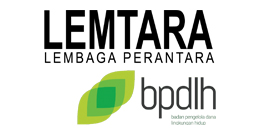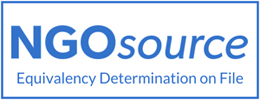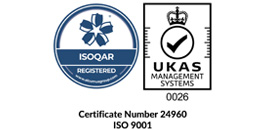Funded by
UNAIDS
Document
–
Budget
USD 19,300.08
Period
December 2, 2020 – December 31, 2020
Description
Capacity building in the context of HIV prevention programmes helps delivers evidence-based interventions more effectively by improving performance and addressing stakeholder needs. For UNAIDS, capacity building creates, expands, or upgrades a stock of desired quality and features that can be continually drawn an over-time. The countries in which progress towards the 90-90-90 target has been most pronounced have found ways to overcome challenges that slow HIV treatment scaleup and worsen treatment outcomes. UNAIDS is committed to working in partnership with the full array of essential stakeholders – including but not limited to national governments; WHO, the Global Fund, PEPFAR and other donors; civil society, including people living with HIV and key populations; the private sector; professional medical groups; and others – to make the 90-90-90 target a reality. Indonesia’s commitment with other countries to take the 90-90-90 fast track approach by detecting infected people in 90% of people who are thought to be infected, providing early antiretroviral therapy (ARV) to 90% of infected people, and being able to reach an undetectable virus in 90% of people taking ARVs. This fast track approach is expected to sharply reduce the number of new HIV infections, in accordance with the achievements of sustainable development or sustainable development goals (SDGs).
In an effort to increase the role of civil society organizations (CSOs) in contributing to the achievement of 90-90-90, Penabulu will carry out institutional capacity building for implementing partners in 26 priority districts. This activity is one of a series of activities in the Strengthening the institutional capacity of community implementing partners in 26 priority districts to access, implement and manage grants on key population programs from national and international development partners including the Global Fund project. The capacity areas that Penabulu would propose to assess for community implementing partners will measure issues such as governance, human resource and financial management, collaborations and partnership, to resource development including sustainability. Capacity in these areas increases the likelihood that an organization will be robust and able to successfully manage staff, funds and programme. Several capacity tools have been developed by experts in the development sector. However, uptake of these tools is sub-optimal. Penabulu have a built-in organizational capacity assessment tools to define organizational strength in managing their operations, namely Self-assessment Tools for Transparency and Accountability (Perangkat Penilaian Mandiri Transparansi dan Akuntabilitas Organisasi Nirlaba Indonesia /PERANTI). PERANTI has been used as a tool to obtain the baseline data, inception and the end data on several capacities building program of CSOs in Indonesia. PERANTI has four aspects of reviews, such as: mandates, governance, operational and sustainability. In the operational area, the assessment will be given to aspects: program and service management, human resources management, financial management, data-information-knowledge management and public communication and partnership. This activity will be carried out through activity with phases in which generally consisting the development of assessment tools, the implementation of the assessment and the writing of the assessment report.
Funding
This program is supported by UNAIDS with total funding support of USD 19,300.08






